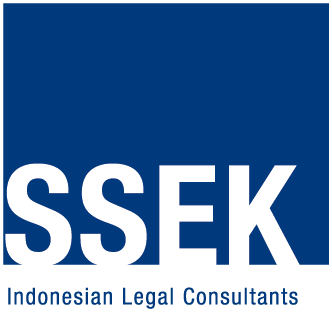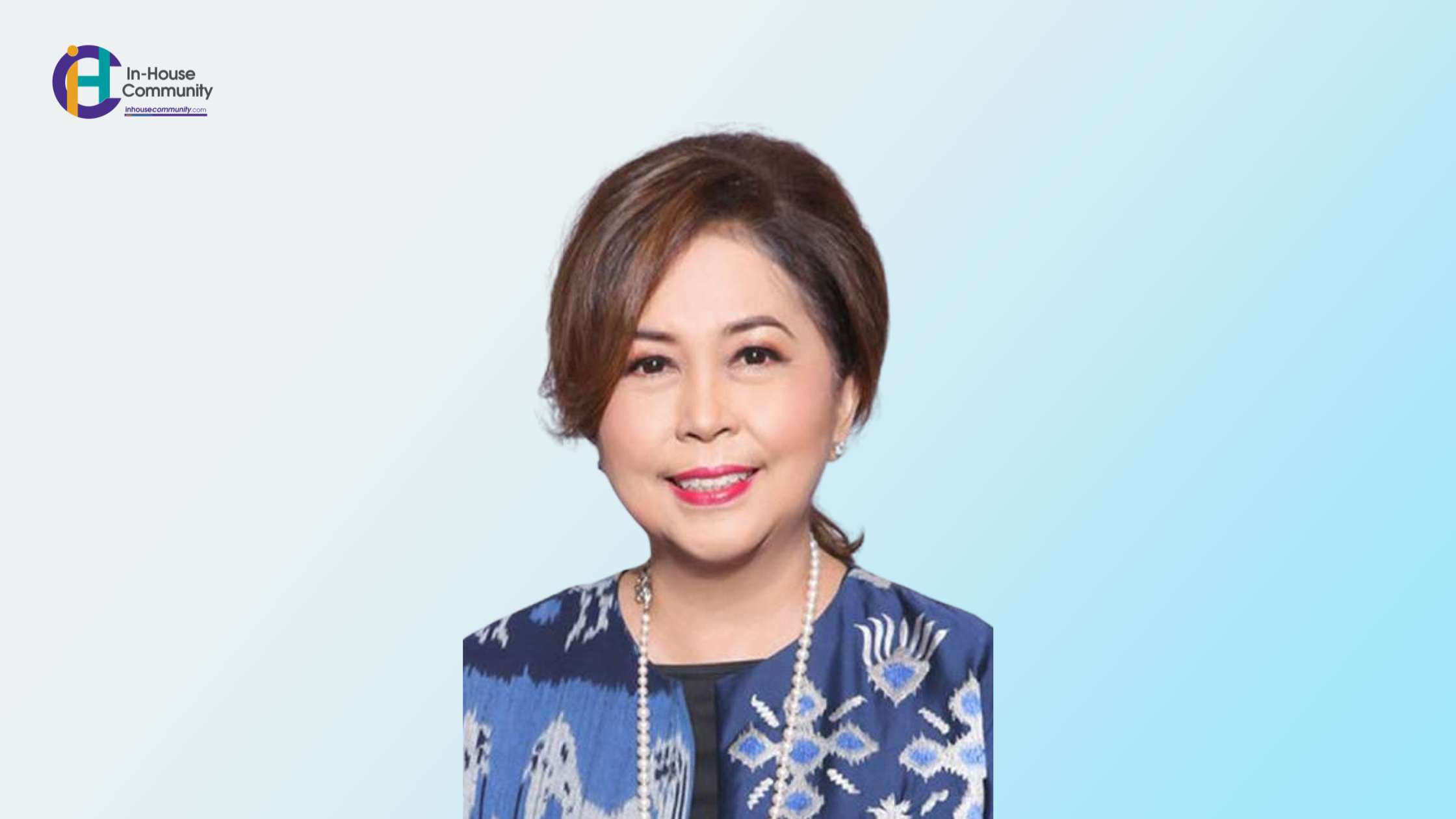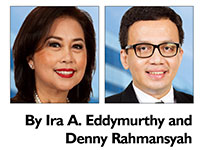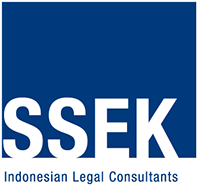 By Dewi Savitri Reni and Greita Anggraeni
By Dewi Savitri Reni and Greita Anggraeni
Indonesia’s Minister of Finance (“MOF”) recently issued a regulation on the imposition of value-added tax (“VAT”) on intangible taxable goods and services, including digital goods and services, from foreign technology companies that are utilized in Indonesia.
These new rules on VAT are contained in MOF Regulation No. 48/PMK.03/2020 regarding Procedures for the Appointment of Collectors and for the Collection, Deposit and Reporting of VAT for the Use Inside the Customs Area of Intangible Taxable Goods and/or Taxable Services from Outside the Customs Area through Electronic System Trade Activities (“MOF Reg. 48/2020”).
MOF Reg. 48/2020 is an implementing regulation for Government Regulation in Lieu of Law No. 1 of 2020 regarding State Financial Policy and Financial System Stability for the Management of the Coronavirus or COVID-19 Pandemic and/or in Facing Threats to the National Economy and/or Financial System Stability (“GR 1/2020”). That emergency regulation has since been adopted into law, as Law No. 2 of 2020.
Tax Objects
Effective as of July 1, 2020, 10% VAT will be imposed on intangible taxable goods and/or services (hereinafter referred to as “goods and/or services”) from outside Indonesia that are utilized in Indonesia through electronic system trade activities (Perdagangan Melalui Sistem Elektronik or “PMSE”). That includes digital goods and/or services.
Pursuant to MOF Reg. 48/2020, VAT will be imposed for the utilization of intangible taxable goods as follows:
- Utilization or right to use copyrights for literature, art or scientific works, patents, designs or models, plans, formulas or confidential processes, trademarks, or other forms of intellectual property rights or industrial rights or other similar rights;
- Utilization or right to use industrial, commercial or scientific tools/equipment;
- Utilization of scientific, technical, industrial or commercial knowledge or information;
- Utilization of support for the utilization or right to use the rights referred to in item (a), utilization or right to use tools/equipment referred to in item (b), or the provision of knowledge or information referred to in item (c), in the form of:
- Receiving or right to receive picture or voice recording or both, which are distributed to users through satellite, cable, optical fiber or technology of the like;
- Utilizing or right to utilize picture or voice recording or both, for television or radio broadcasting using satellite, cable, optical fiber or technology of the like; or
- Utilizing or right to utilize all or part of the radio spectrum;
- Utilization or right to use motion picture films, films or videotapes for television broadcasting, or voice tapes for radio broadcasting; and
- The obtainment of all or part of the rights relating to the utilization or the granting of intellectual property rights or industrial rights or other rights as referred above.
The utilization of intangible taxable goods includes digital goods, which are defined by MOF Reg. 48/2020 as any intangible taxable goods in the form of electronic or digital information. This includes goods that were originally in electronic form but that have been converted, including but not limited to software, multimedia and/or electronic data. Digital services are defined as services provided through the internet or an electronic network, which are automatic in nature or have minimal human involvement, and may not be provided without information technology, including but not limited to software-based services.
Collection and Payment
If the utilization of goods and/or services from outside Indonesia in the country is the result of a transaction between foreign traders or foreign service providers and the purchasers, the VAT will be directly collected, paid and reported by these foreign parties. The foreign traders or foreign service providers will be appointed by the Directorate General on Taxation (“DGT”) as the PMSE VAT Collector.
If transactions between the foreign traders or foreign service providers and the purchasers are made through foreign PMSE providers or domestic PMSE providers, the VAT may be collected, paid and reported by the foreign traders, foreign service providers, foreign PMSE providers or domestic PMSE providers appointed by the DGT as PMSE VAT Collectors.
To qualify as a PMSE VAT Collector a party must (a) have a transaction value with Indonesian purchasers that exceeds a certain threshold within 12 months; and/or (b) a traffic volume or number of persons who accessed the platform that exceeds a certain threshold within 12 months. These thresholds will be further regulated by the DGT.
VAT will be collected upon payment by the purchasers for the relevant goods and/or services. PMSE VAT Collectors will prepare a document evidencing the VAT collection, which may be in the form of a commercial invoice, bill, order receipt or other documents of the like showing the payment has been made and VAT has been collected. This document shall be treated as equivalent to a tax invoice (faktur pajak).
The VAT shall then be paid to the DGT by the PMSE VAT Collectors electronically to the state’s cash account, in rupiah (using an exchange rate stipulated by the MOF at the time of payment), US dollar or other foreign currency stipulated by the DGT.
Administrative-wise, PMSE VAT Collectors will be provided an ID number that serves as their tax ID for the purpose of VAT payment to the DGT.
Reporting
PMSE VAT Collectors must submit a quarterly report on the payment of collected VAT. The report shall be submitted electronically through an application or system to be provided by the DGT. The DGT may also ask PMSE VAT Collectors to submit a detailed report on VAT transactions for every period of one calendar year.
This VAT imposition particularly targets intangible taxable goods and/or services provided by foreign tech companies that lack a physical presence in Indonesia, from which the MOF has in the past struggled to collect VAT, despite their significant economic presence in Indonesia. The MOF is using the momentum created by the significant increase in the use of streaming apps and subscription services during the COVID-19 pandemic to realize the effort to tax these foreign tech companies.
As an inevitable impact on the imposition of this VAT, users of streaming apps and subscription services should expect an increase in subscription fees.
___________________________
This publication is intended for informational purposes only and does not constitute legal advice. Any reliance on the material contained herein is at the user’s own risk. You should contact a lawyer in your jurisdiction if you require legal advice. All SSEK publications are copyrighted and may not be reproduced without the express written consent of SSEK.
___________________________

SSEK Legal Consultants
Mayapada Tower I 14th Floor
Jl. Jend. Sudirman Kav. 28
Jakarta 12920, Indonesia
Tel: (62) 21 5212038, 2953 2000
Fax: (62) 21 5212039
![]() Click Here to read the full issue of Asian-mena Counsel: Counsels of the Year 2020.
Click Here to read the full issue of Asian-mena Counsel: Counsels of the Year 2020.




































 SSEK Legal Consultants
SSEK Legal Consultants Rusmaini Lenggogeni
Rusmaini Lenggogeni Denny Rahmansyah
Denny Rahmansyah






